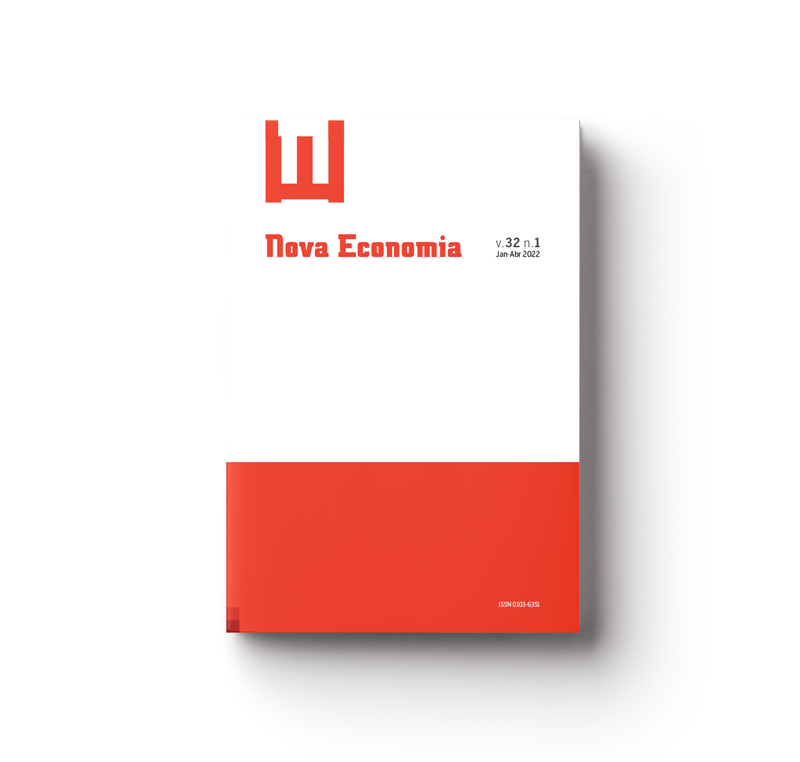The political economy of the Workers’ Party governments in Brazil (2003-2014) – institutions, ideas and the main determinants of economic policy.
Abstract
Abstract
The article intends to understand key features of the economic policy trajectory followed by the Workers’ Party governments in Brazil. The period was characterized by advances in social conditions, but the governments failed to advance key social reforms, reduce high interest rates or pursue a coherent industrial policy. The policies adopted led to a deep economic crisis, a key component of the subsequent political impasse. The article adopts a historical-institutionalist approach, establishing a dialogue with theories that deal with the role of international constraints, the institutionalization of the party system, economic ideas and the influence of interest groups. The main contribution is to provide an interpretation which, by integrating economic, political and institutional factors, significantly adds to the understanding of key economic policy decisions.
Key words: Economic policy, institutions, ideas, Brazil, Workers’ Party (PT)
JEL Codes: N46, O29, N16.
Downloads
Published
How to Cite
Issue
Section
License
Copyright (c) 2022 Alexandre Queiroz Guimarães

This work is licensed under a Creative Commons Attribution 4.0 International License.
Authors who publish with this journal agree to the following terms:
- Authors retain copyright and grant the journal right of first publication with the work simultaneously licensed under a Creative Commons Attribution 4.0 International License that allows others to share the work with an acknowledgement of the work's authorship and initial publication in this journal.
- Authors are able to enter into separate, additional contractual arrangements for the non-exclusive distribution of the journal's published version of the work (e.g., post it to an institutional repository or publish it in a book), with an acknowledgement of its initial publication in this journal.
- Authors are permitted and encouraged to post their work online (e.g., in institutional repositories or on their website) prior to and during the submission process, as it can lead to productive exchanges, as well as earlier and greater citation of published work (See The Effect of Open Access).




